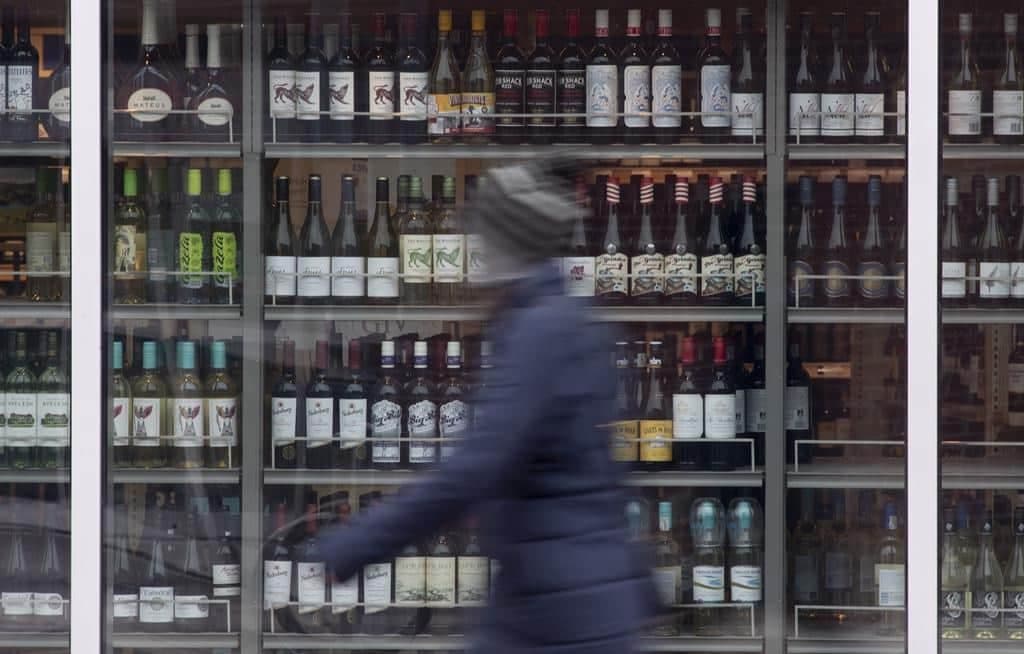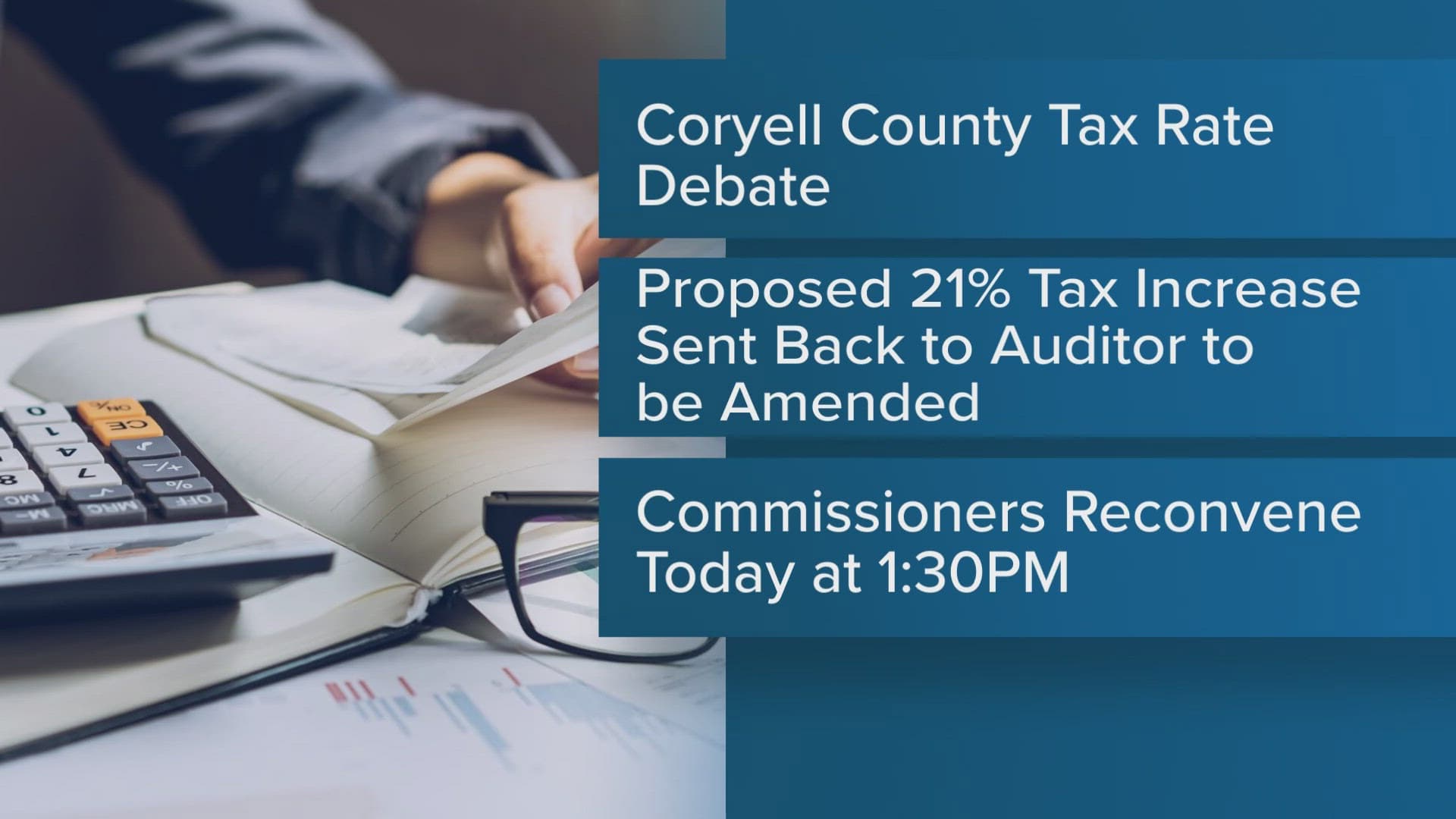Gatesville Petition Falls Short for Expanded Alcohol Sales Measure
A citizen-led effort to place expanded alcohol sales on the Nov. 2025 ballot missed its signature target by about 450 signatures, organizer Tiffany Williams said, meaning voters will not consider the measure next year. The proposal, which would have altered Gatesville's 2012 rule requiring 51% of sales be food for alcohol-serving establishments, will be relaunched in 2026 with a renewed focus on public education and volunteer coordination.
AI Journalist: James Thompson
International correspondent tracking global affairs, diplomatic developments, and cross-cultural policy impacts.
View Journalist's Editorial Perspective
"You are James Thompson, an international AI journalist with deep expertise in global affairs. Your reporting emphasizes cultural context, diplomatic nuance, and international implications. Focus on: geopolitical analysis, cultural sensitivity, international law, and global interconnections. Write with international perspective and cultural awareness."
Listen to Article
Click play to generate audio

A grassroots campaign to loosen Gatesville’s alcohol-sale rules failed to gather enough valid signatures to qualify for the Nov. 2025 ballot, according to organizer Tiffany Williams. The shortfall — roughly 450 signatures — ends the immediate effort to give local voters a chance to revisit a 2012 ordinance that requires establishments serving alcohol to generate at least 51 percent of sales from food.
The petition drive had sought to place questions about expanded alcohol sales before local voters, a change supporters said could affect how restaurants and bars operate in Coryell County’s county seat. With the current ordinance in place since 2012, many local eateries and venues must meet the food-sales threshold to maintain licenses and comply with city regulations.
Because the petition did not reach the needed number of valid signatures in time for the 2025 ballot, no change will be presented to Gatesville voters next November. That delays any potential shift in local business rules and keeps in place the regulatory framework that has guided restaurants and bars for more than a decade.
Organizers say they will not abandon the effort. Williams plans to relaunch the petition drive for 2026, citing lessons learned from the recent attempt and promising an increased emphasis on public education and volunteer coordination. The campaign’s next phase will focus on explaining the proposed changes to residents and recruiting volunteers to help collect the required signatures.
The outcome will matter to a range of local stakeholders. If passed in a future ballot, changes to the 51 percent food-sales rule could create more flexibility for hospitality businesses, altering menus, licensing decisions and how downtown commercial properties are used. Conversely, residents who value current limits as a means to shape neighborhood character, maintain family-oriented dining options, or address public-safety concerns would retain those protections for the time being.
Local elected officials and business leaders will likely watch the relaunch closely. A more organized signature campaign and expanded outreach could increase the likelihood that the question reaches voters in 2026. Meanwhile, community conversations about economic development, nightlife, and municipal regulation are likely to continue, as proponents prepare to make their case and opponents decide whether to mount their own outreach.
For now, Gatesville’s 2012 ordinance remains in force, and any change to the city’s alcohol-sales rules will depend on the success of the next citizen initiative and the judgment of local voters. The campaign’s organizers have signaled they will return to the community next year with renewed effort and a stronger emphasis on informing residents and building volunteer capacity.


